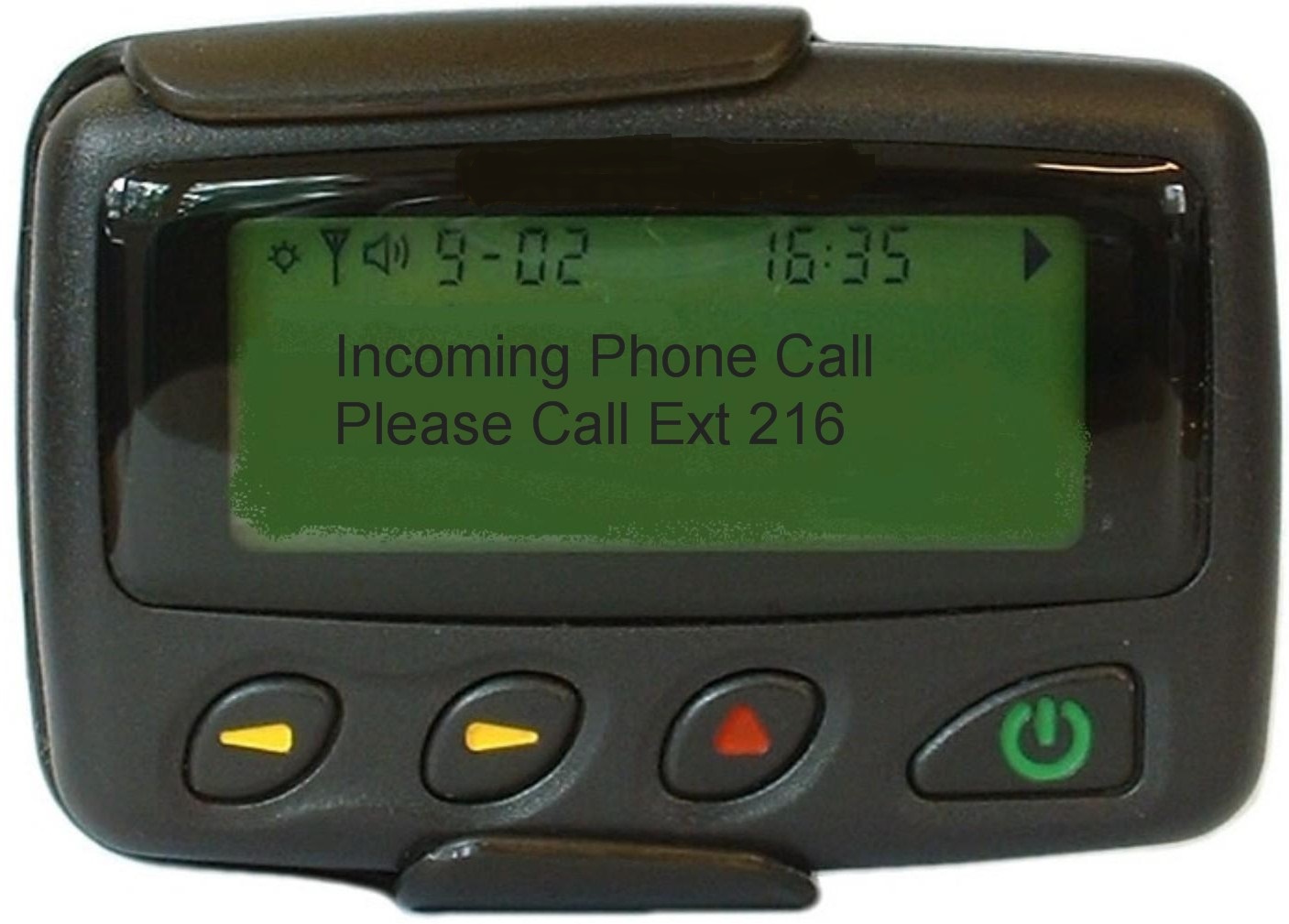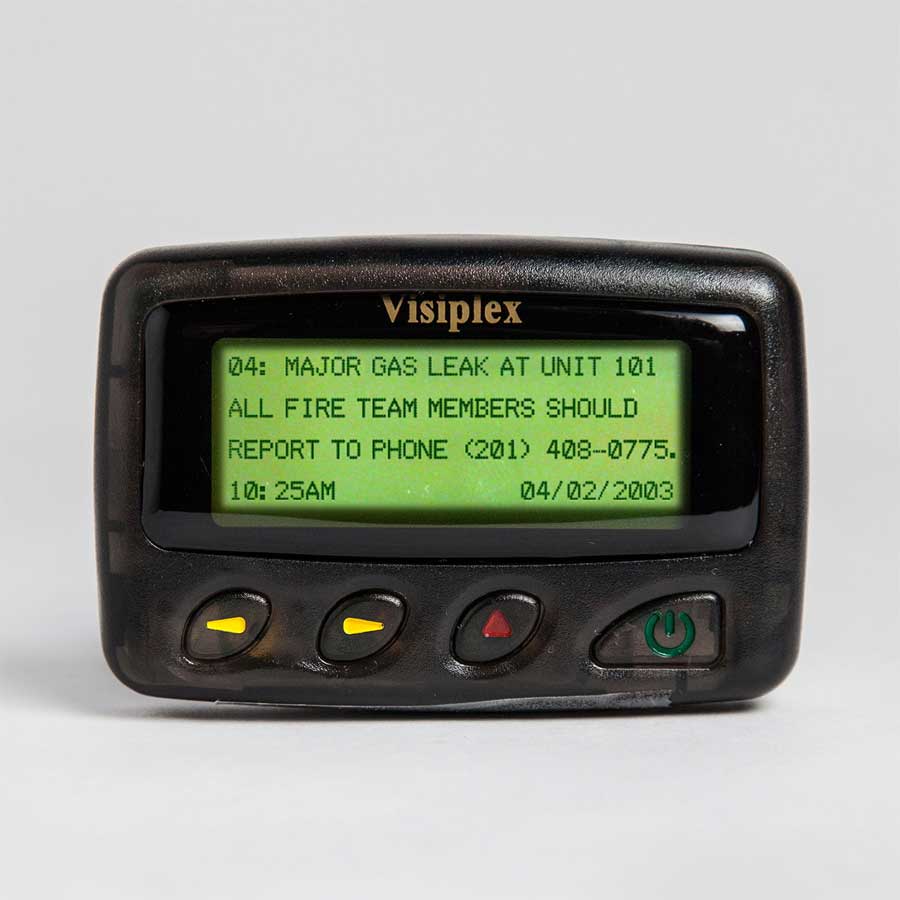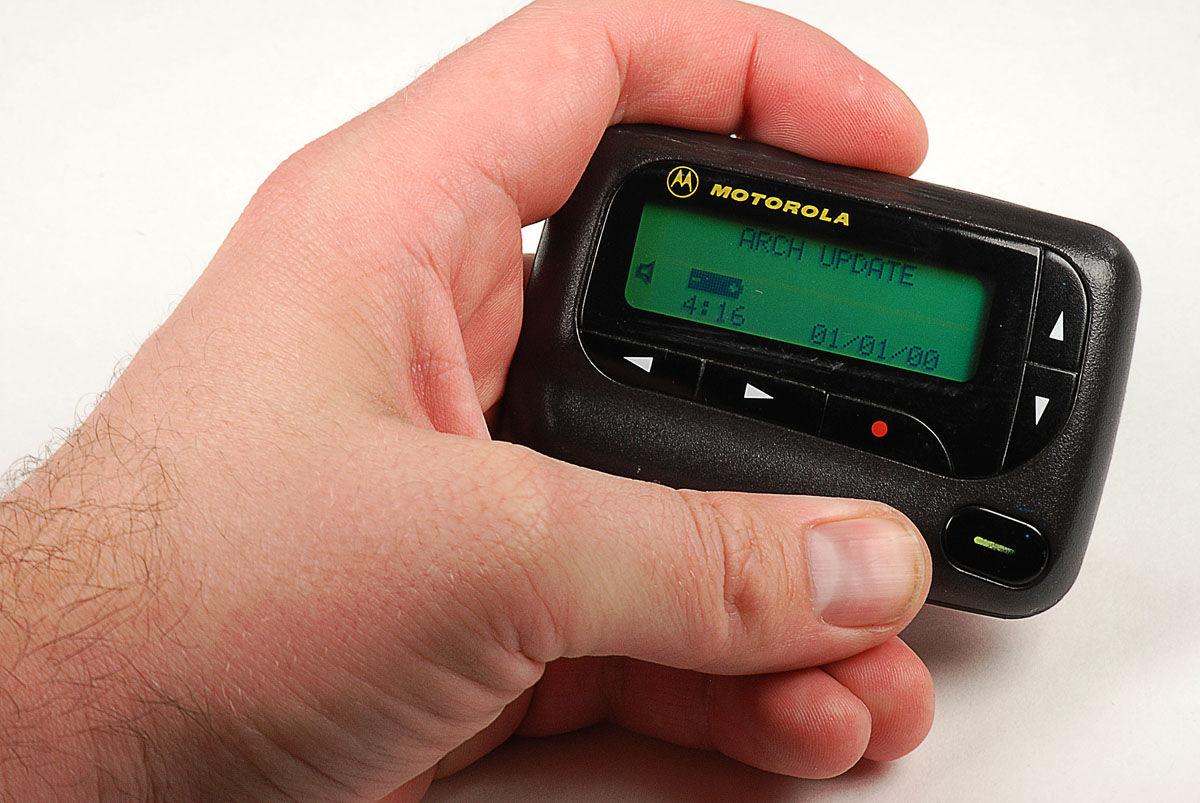The Pager Attack: Unraveling Iran's Shadow War In The Middle East
The Middle East, a region perpetually on edge, was jolted by a series of unprecedented events that highlighted the escalating "shadow war" between key players. At the heart of this new escalation was the so-called "pager attack Iran," a meticulously orchestrated assault that leveraged seemingly innocuous communication devices into instruments of chaos and death. This incident, targeting members of Hezbollah, Iran's powerful proxy in Lebanon, sent shockwaves across the geopolitical landscape, exposing vulnerabilities and prompting swift, angry reactions from Tehran.
The brazen nature of the attack, which saw pagers and other electronic devices explode simultaneously, underscored a dangerous new dimension in covert operations. It was not merely an act of sabotage but a chilling demonstration of sophisticated intelligence capabilities, capable of infiltrating secure communication networks and supply chains. As the dust settled and the horrifying toll became clear, the world watched closely, anticipating the inevitable repercussions and seeking to understand the intricate web of alliances and animosities that define this volatile region.
Table of Contents
- The Unprecedented Blast: A New Front in the Shadow War
- The Anatomy of a Sophisticated Attack: How Pagers Exploded
- Hezbollah's Vulnerability and Operational Impact
- Iran's Vehement Response and Retribution Pledges
- Israel's Apparent Hand: A Pattern of Covert Operations
- The Broader Geopolitical Chessboard: US, Iran, and Regional Tensions
- Lessons Learned and Future Implications for Regional Security
- Navigating the Digital Battlefield: The Evolving Nature of Warfare
The Unprecedented Blast: A New Front in the Shadow War
The events that unfolded were nothing short of a nightmare for those caught in their wake. What began as a seemingly ordinary day quickly descended into chaos as pagers, typically used for simple one-way communication, transformed into deadly projectiles. This wasn't a conventional bombing or a targeted missile strike; it was an insidious act of sabotage that exploited the very tools of modern communication. The "pager attack Iran" narrative began to take shape as reports confirmed the devices belonged to members of Hezbollah, Iran's powerful Lebanese ally. This method of attack immediately pointed towards a highly sophisticated intelligence operation, far beyond the capabilities of ordinary militant groups. It suggested a deep penetration into the supply chains and operational security of Hezbollah, raising serious questions about the extent of foreign intelligence capabilities within Lebanon and beyond. The very idea that a communication device could be weaponized in such a manner sent a chilling message about the evolving nature of warfare and espionage in the 21st century.The Immediate Aftermath and Human Cost
The immediate aftermath was horrific. Pager blasts killed 12 people and injured more than 2,000 on Tuesday, a staggering toll that included innocent civilians, among them children. The sheer scale of injuries, often involving severe burns and shrapnel wounds from the exploding devices, overwhelmed local hospitals. The images and reports emerging from the scene painted a grim picture of widespread panic and suffering. For the Hezbollah members themselves, the experience was traumatic. During the attack, some Hezbollah members felt their pagers vibrate and then explode, causing immediate and grievous injuries. Video footage later emerged showing injured Hezbollah operatives, their hands and eyes bandaged, receiving medical treatment in Iran, specifically visiting a tomb in the holy city of Mashhad. This visual evidence not only confirmed the severity of their injuries but also highlighted the direct link between Hezbollah and its Iranian patron, as well as Iran's commitment to supporting its proxies, even in the face of such devastating attacks. The human cost of this sophisticated operation was immense, turning everyday objects into instruments of terror and leaving a lasting scar on the affected communities.The Anatomy of a Sophisticated Attack: How Pagers Exploded
The core question that immediately arose from the "pager attack Iran" incident was: how? How could seemingly harmless pagers be turned into explosive devices? The answer lies in the realm of highly advanced intelligence operations, likely involving the meticulous insertion of explosive materials or triggering mechanisms into the devices during their manufacturing or distribution process. This suggests a deep understanding of the global supply chain for electronic devices, as well as the specific models and batches of pagers used by Hezbollah. Such an operation would require significant resources, technical expertise, and a network capable of executing such a precise and widespread act of sabotage. It wasn't a random act; it was a targeted, synchronized, and technologically advanced assault designed to inflict maximum damage and psychological impact. The fact that the devices exploded simultaneously across various locations further underscores the level of coordination involved, pointing towards a central command and control system.Infiltrating Global Supply Chains: A Disturbing Revelation
The most disturbing revelation from the pager attack was Israel’s apparent ability to infiltrate global supply chains. If confirmed, this capability represents a significant threat not only to adversaries but to the integrity of global commerce and technology. The implication is that any electronic device, from a simple pager to more complex communication tools, could potentially be compromised at its source or during transit. This sends ripples of fear through Iran's security apparatus and its allies, forcing them to re-evaluate the security of all their imported technology. It highlights a new frontier in cyber and intelligence warfare, where the physical world is compromised through digital or manufacturing vulnerabilities. The attack suggests a long-term intelligence operation, possibly years in the making, to gain access to the manufacturing or distribution networks of these specific pagers. This level of infiltration would require significant resources, patience, and a sophisticated understanding of logistics and industrial processes.Hezbollah's Vulnerability and Operational Impact
For Hezbollah, the pager attack exposed a critical vulnerability in their operational security. While the group is known for its sophisticated military and intelligence capabilities, relying on pagers, even as a secondary communication method, proved to be a fatal flaw. In an age dominated by smartphones and encrypted messaging apps, pagers might seem antiquated. However, they are often favored by security-conscious groups for their simplicity, one-way communication, and perceived immunity to certain types of electronic surveillance that plague more advanced devices. This perception was shattered by the attack. The incident forced Hezbollah to immediately reassess its communication protocols and device procurement. The psychological impact on its members and leadership would also be profound, fostering a sense of paranoia about the very tools they rely on daily. The attack not only caused casualties but also aimed to disrupt Hezbollah's command and control, sowing distrust and forcing a costly overhaul of their security measures. It was a direct blow to their operational capacity and a stark reminder that even seemingly low-tech solutions can be compromised by a determined and technologically advanced adversary.Iran's Vehement Response and Retribution Pledges
The "pager attack Iran" incident naturally elicited a furious response from Tehran. As Hezbollah's primary patron and strategic ally, Iran views any attack on the Lebanese group as a direct affront to its own regional influence and security. The electronic device explosions in Lebanon were immediately met with strong condemnations and pledges of retaliation. Iran has said it will respond, signaling a clear intent to exact retribution for the attack. This is consistent with Iran's long-standing policy of responding to perceived aggressions, often through its network of proxies or through asymmetric means. The rhetoric from Iranian officials was sharp, emphasizing that such actions would not go unpunished and would be met with "just retribution." This public stance serves multiple purposes: to reassure allies, to deter future attacks, and to maintain a facade of strength in the face of a sophisticated challenge.The Wounded Ambassador and Official Condemnations
The gravity of the situation was further amplified by the fact that Iran’s ambassador to Lebanon, Mojtaba Amani, was reportedly wounded in the exploding pager attack targeting Hezbollah. While the extent of his injuries was not immediately clear, the targeting or incidental wounding of a senior diplomatic figure adds another layer of complexity and outrage to the incident. An attack affecting an ambassador is often considered an attack on the sovereign nation itself, elevating the stakes considerably. This personal dimension for Iran's diplomatic corps would undoubtedly fuel Tehran's resolve for a strong response. Official condemnations poured in from various Iranian ministries and political figures, all echoing the sentiment that the perpetrators would face severe consequences. The focus on the casualties, particularly the children killed, was also used to garner international sympathy and highlight the alleged brutality of the attackers.IRGC's Swift Security Directives
In a clear and immediate response to the security breach, Iran’s elite Revolutionary Guards Corps (IRGC) swiftly banned the use of pagers and other communication devices. This directive came after the deadly attacks last week targeting its ally Hezbollah in Lebanon, reflecting an urgent need to mitigate further risks and close potential vulnerabilities. The IRGC, which plays a pivotal role in Iran's security and foreign policy, understood the profound implications of such an attack. Banning these devices is a drastic measure, indicating the severity of the perceived threat and the depth of the infiltration. It also highlights the challenges faced by organizations operating in a highly contested intelligence environment, where even basic communication tools can become weapons. This move by the IRGC underscores a broader re-evaluation of security protocols across Iran's military and intelligence apparatus, extending to its proxies, to prevent similar incidents from occurring in the future.Israel's Apparent Hand: A Pattern of Covert Operations
While no party officially claimed responsibility for the pager attack, the finger of suspicion immediately pointed towards Israel. The sophistication of the operation, the apparent ability to infiltrate global supply chains, and the history of covert actions against Iran and its proxies align perfectly with Israel's intelligence capabilities and strategic objectives. Israel has long engaged in a shadow war with Iran, seeking to disrupt its nuclear program, counter its regional influence, and degrade the capabilities of groups like Hezbollah. In a bold move, Israel has previously targeted Iran’s nuclear infrastructure and leadership in operations that may have been years in the making. The pager attack on Hezbollah members bears a striking resemblance to this pattern of sophisticated, deniable operations. It suggests a continuity in Israel's strategy to keep its adversaries off balance and to demonstrate its reach and intelligence superiority. This perception of Israeli involvement further complicates the regional dynamics, pushing the adversaries closer to open conflict. The pager attack, therefore, is not an isolated incident but rather another chapter in a long-running clandestine conflict.The Broader Geopolitical Chessboard: US, Iran, and Regional Tensions
The "pager attack Iran" incident must be viewed within the broader context of the volatile geopolitical chessboard in the Middle East. Tensions between Iran and the United States have been consistently high, particularly during the Trump administration. Reports indicated that Trump approved an Iran attack plan but had not made a final decision, illustrating the razor-edge brinkmanship that defined the relationship. US President Trump famously stated, "Nobody knows what I'm going to do," as he weighed strikes on Iran, a statement that underscored the unpredictable nature of American policy in the region. While these specific US considerations might not be directly linked to the pager attack, they create an overarching atmosphere of instability where any major incident, like the pager explosions, could easily escalate into a wider conflict. The presence of such a high-stakes backdrop means that every move by regional players, and their proxies, is scrutinized for its potential to tip the delicate balance. The pager attack, therefore, is not just a localized incident but a significant data point in the ongoing power struggle, influencing strategic calculations in Washington, Tehran, and Jerusalem.Lessons Learned and Future Implications for Regional Security
The pager attack serves as a stark lesson for all actors involved in the Middle East's complex security landscape. For Iran and its allies, the primary takeaway is the urgent need to enhance their counter-intelligence capabilities and secure their communication and supply chains against sophisticated infiltration. The IRGC's immediate ban on pagers and other devices is a testament to this realization. For Israel, if indeed responsible, the attack demonstrates a continued commitment to proactive, deniable operations to degrade enemy capabilities and deter aggression. However, such actions carry significant risks of escalation, potentially provoking a disproportionate response that could destabilize the entire region. For international observers, the incident highlights the evolving nature of warfare, where the lines between conventional conflict, cyber warfare, and intelligence operations are increasingly blurred. The human cost, including children, underscores the indiscriminate nature of such shadow conflicts and the urgent need for de-escalation. The future implications for regional security are profound: increased paranoia, a heightened arms race in intelligence and counter-intelligence, and a greater likelihood of miscalculation leading to direct confrontation. The incident will undoubtedly shape future security doctrines and operational procedures for years to come.Navigating the Digital Battlefield: The Evolving Nature of Warfare
The "pager attack Iran" is a chilling reminder that the battlefield of the 21st century extends far beyond traditional fronts. It encompasses the digital realm, global supply chains, and even the most mundane personal devices. This incident marks a significant evolution in the methods of covert warfare, where intelligence agencies are increasingly leveraging technological vulnerabilities to achieve strategic objectives. The ability to weaponize everyday objects by compromising their manufacturing or distribution process opens up a terrifying new dimension of threats. This requires a fundamental shift in how nations and non-state actors approach security. It's no longer just about protecting borders or military installations; it's about securing every link in the technological chain, from design to deployment. The incident serves as a wake-up call, emphasizing that vigilance must extend to every electronic device, every piece of software, and every component that forms the backbone of modern communication and infrastructure. As Iran's president, Masoud Pezeshkian, has said, the electronic device explosions in Lebanon will be met with just retribution, indicating that the response will likely be multifaceted, potentially involving cyber countermeasures or other asymmetric responses in the ongoing shadow war. This incident solidifies the concept of the "digital battlefield" as a primary arena for geopolitical competition and conflict.Conclusion
The "pager attack Iran" incident stands as a stark and disturbing testament to the escalating shadow war in the Middle East. It showcased an unprecedented level of sophistication in covert operations, exposing critical vulnerabilities in communication security and global supply chains. The tragic human cost, including the deaths of innocent civilians and children, underscores the brutal reality of these clandestine conflicts. Iran's vehement pledges of "just retribution" and the immediate security directives from the IRGC signal a dangerous new phase of escalation, with potential ramifications for regional stability. This event forces us to confront the evolving nature of warfare, where seemingly innocuous devices can become instruments of terror. It highlights the urgent need for enhanced cybersecurity, intelligence, and counter-intelligence measures across all sectors. The Middle East remains a powder keg, and incidents like the pager attack serve as potent reminders of the delicate balance of power and the constant threat of wider conflict. What are your thoughts on the implications of this new form of warfare? Share your perspectives in the comments below, and consider exploring our other articles on regional security and geopolitical tensions to deepen your understanding of these critical issues.Article Recommendations



Detail Author:
- Name : Aurore Schaefer
- Username : ollie.haley
- Email : mazie95@gmail.com
- Birthdate : 1994-11-17
- Address : 937 Franecki Neck Suite 311 Jonesshire, NY 87707-3439
- Phone : +1.443.887.1116
- Company : Boehm, Sauer and Pollich
- Job : Machine Operator
- Bio : Ea soluta voluptatem quia quia alias. Voluptas consectetur eos necessitatibus ipsum consequatur et. Et dolor nemo eos. Quod quod facere repellendus suscipit nulla dolores.
Socials
twitter:
- url : https://twitter.com/thea7087
- username : thea7087
- bio : Ea quibusdam aut voluptatem est vel sed ut. Nulla odio repudiandae autem animi ipsa sunt. Ea iusto et enim dolores.
- followers : 5647
- following : 434
facebook:
- url : https://facebook.com/marquardt2005
- username : marquardt2005
- bio : Assumenda aut laudantium perferendis quos.
- followers : 2672
- following : 848
linkedin:
- url : https://linkedin.com/in/thea_xx
- username : thea_xx
- bio : Sint est repellat maiores.
- followers : 1005
- following : 1407